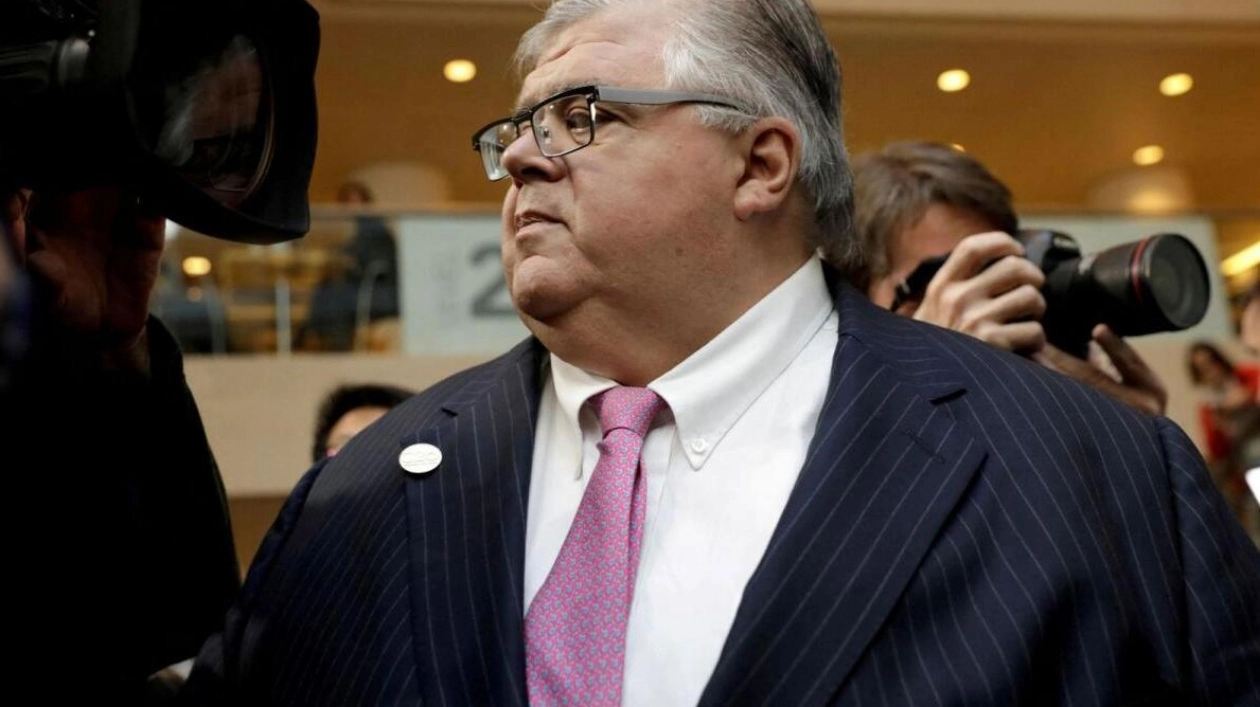The Bank for International Settlements (BIS) cautioned on Sunday that escalating government debt levels, coinciding with several significant elections this year, could disrupt global financial markets. Known as the central bankers' central bank, BIS noted that the world economy is now heading towards the "smooth landing" that many economists previously doubted was possible as interest rates surged. However, it emphasized the need for cautious policy-making, particularly from politicians. With global government debt already at an all-time high, and major elections including the US presidential vote in November, recent ones in Mexico and South Africa, and upcoming votes in France and Britain, the risks are substantial. BIS General Manager Agustin Carstens highlighted that with interest rates unlikely to revert to ultra-low levels and increasing pressures from aging populations, climate change, and defense capabilities, economic stimulus plans and a rise in protectionism could destabilize sensitive markets. Carstens cited the market turmoil in Britain following former Prime Minister Liz Truss' budget plans, which endangered some pension funds, as an example of sudden disruptions. He urged to avoid such scenarios. Additionally, concerns over U.S. debt levels persist, and the French debt risk premium has reached its highest since the 2012 euro zone crisis, following President Emmanuel Macron's call for a snap parliamentary election. Carstens clarified that the BIS is not singling out specific governments but emphasized the need for governments to curb the rise in public debt and acknowledge that interest rates may not return to pre-pandemic levels. He stressed the importance of a solid foundation for future economic stability. On a positive note, central banks are effectively controlling inflation, which had reached decades-long highs due to the COVID-19 pandemic and Russia's 2022 invasion of Ukraine. Carstens, a former Mexican central bank governor, acknowledged the successful navigation of a potentially recessionary path by central banks, but urged them to continue their efforts, comparing the fight against inflation to a course of antibiotics. He outlined an extreme scenario where inflation could surge again, necessitating further rate hikes, although this is not the BIS's expectation. The BIS report advised against hasty rate cuts, warning that premature easing could rekindle inflationary pressures and necessitate a costly policy reversal.

Text: Lara Palmer
30.06.2024
Central bankers' central bank cautions on policy risks from high debt levels and major elections





